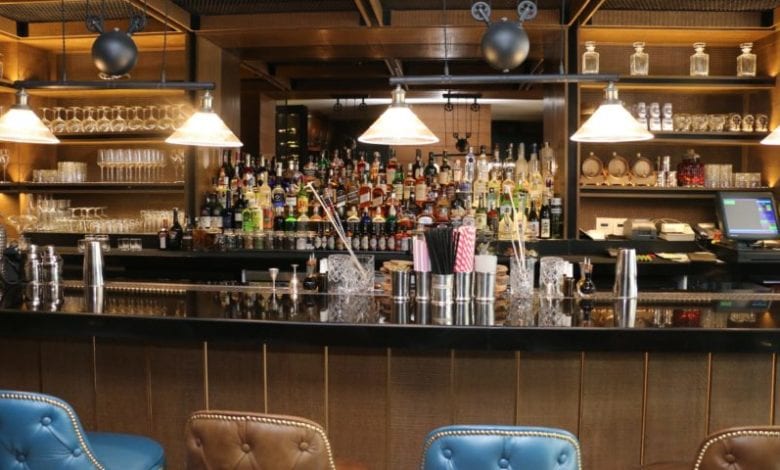‘It’s everyone’s responsibility’: are 50% plant-based menus the future for restaurants?
In November Vegan charity Viva! launched the 50by25 campaign to urge UK restaurants to make the switch to 50% plant-based menus. Emma Osborne, strategic partnerships director, explained that proposing this type of menu is a gradual shift that can make a significant difference

This year is the 10th anniversary of Veganuary, I’m curious to know your opinion on it. How has the trend evolved in 10 years?
I think plant based food has developed enormously in the last 10 years, and I think the rise of vegan restaurants has helped enormously with that.

